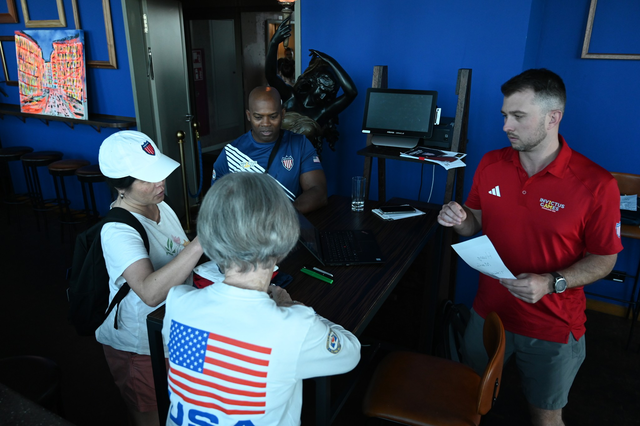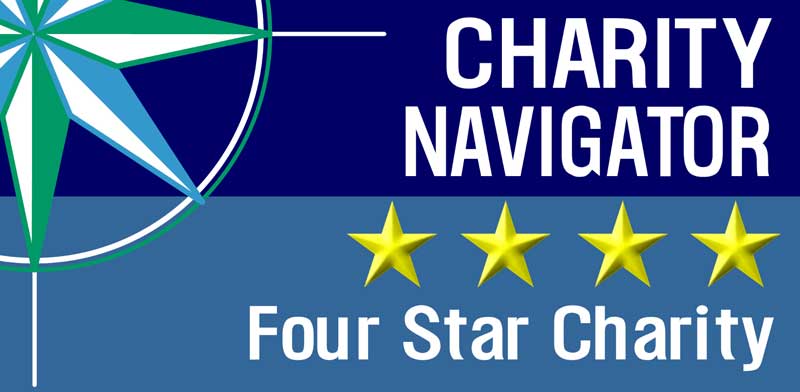From combat to competition, Marine veteran Carnell Martin found new purpose after injury—by giving back at Fisher House & competing in the Invictus Games. “I wasn’t looking for help, but it found me.
After serving as a Master Gunnery Sgt. in the Marine Corps, Carnell Martin is no stranger to supporting service members and their families. His extensive military background makes him a perfect fit as a volunteer at the Camp Pendleton Fisher House.
“You have to be open-minded and talk about family,” Carnell shared. “That might be their low point—the thing they don’t want to talk about because it hurts.”
Carnell dedicated 30 years to the Marine Corps as an infantryman, eventually rising to Senior Enlisted Advisor of the 1st Marine Regiment. He played a critical role in supporting infantry operations both in and out of combat before retiring in 2016. During deployments in 2003, 2004, and 2010, he sustained multiple injuries, including a severe traumatic brain injury. Though he continued to push through the pain, by 2012, the effects became more serious.

“It started to really impact my cognitive skills, balance, concentration, and ability to multitask,” he recalled. “Eventually, I was told to step back and take care of myself, which was the hardest thing to hear—because at that level, as a Marine, you’re used to taking care of others.” Carnell was then transferred to the Wounded Warrior Battalion at Camp Pendleton, California.
A New Mission: Giving Back
Following his retirement, Carnell found healing and purpose in giving back.
“What I do now is help others,” he said. “I never realized how important volunteering could be—not just for those you help, but for yourself as well. It’s the gratification of knowing where you came from and where you are now, and that you have the ability to give back.”
Carnell credits the support of volunteers for helping him through his recovery and feels honored to now pay it forward.
At the Fisher House, he assists with a variety of tasks, from sweeping and pulling weeds to more labor-intensive jobs like cleaning gutters. As a veteran, he considers the Fisher House his home as well and takes pride in ensuring it remains a welcoming space for military and veteran families.

“Being a volunteer has shown me the impact of helping someone who can’t help themselves,” he said. “That’s how it was when I was injured—I wasn’t looking for help, but it found me. Without that support, I wouldn’t be where I am today, physically or mentally.”
Finding Strength Through Adaptive Sports
Beyond volunteering, Carnell also found joy and purpose through adaptive sports. While recovering with the Wounded Warrior Battalion, he was introduced to adaptive athletics, which ultimately led him to compete in the Invictus Games.
Throughout his military career, Carnell had been an athlete, but he never imagined he’d compete again after his injuries. That changed when he discovered powerlifting and track, which reignited his passion for sports. He competed in the 2022 Invictus Games in The Hague, Netherlands, and the first-ever Winter Games in Vancouver-Whistler, Canada in 2025 where he competed in biathlon, skeleton, wheelchair basketball, and indoor rowing.
“I wanted a challenge—something I had never done before and might never have the opportunity to do again,” he said. “So, I’m incredibly grateful to the Invictus Games and Fisher House for making this possible and for their ongoing support.”
Since its inaugural event in 2014, Fisher House Foundation has been a proud supporter of the Invictus Games’ Family and Friends Program.
“We were there for these families when they were first injured or became ill,” said Ken Fisher, chairman and CEO of Fisher House Foundation. “Now, we have the privilege of celebrating with them as they see how far they’ve come in their healing journeys.”
Carnell’s wife, Huong, and his brother-in-law, Anh, were by his side throughout the competition, cheering him on every step of the way.
“It means the world to have their support,” Carnell said. “Not only do I have my teammates and coaches at the Games, but I also have my family here with me. Seeing how far I’ve come—from my lowest point to competing at my physical peak—means so much to me, and I’m grateful they can share in this journey.”




















